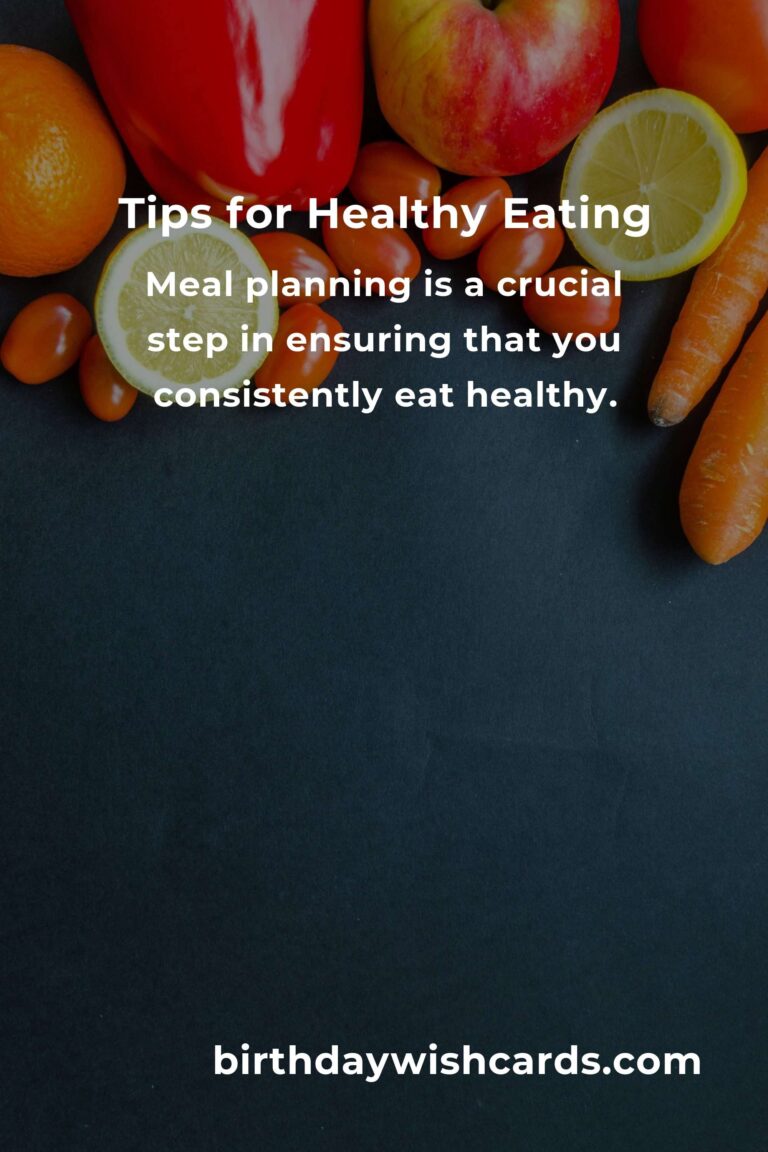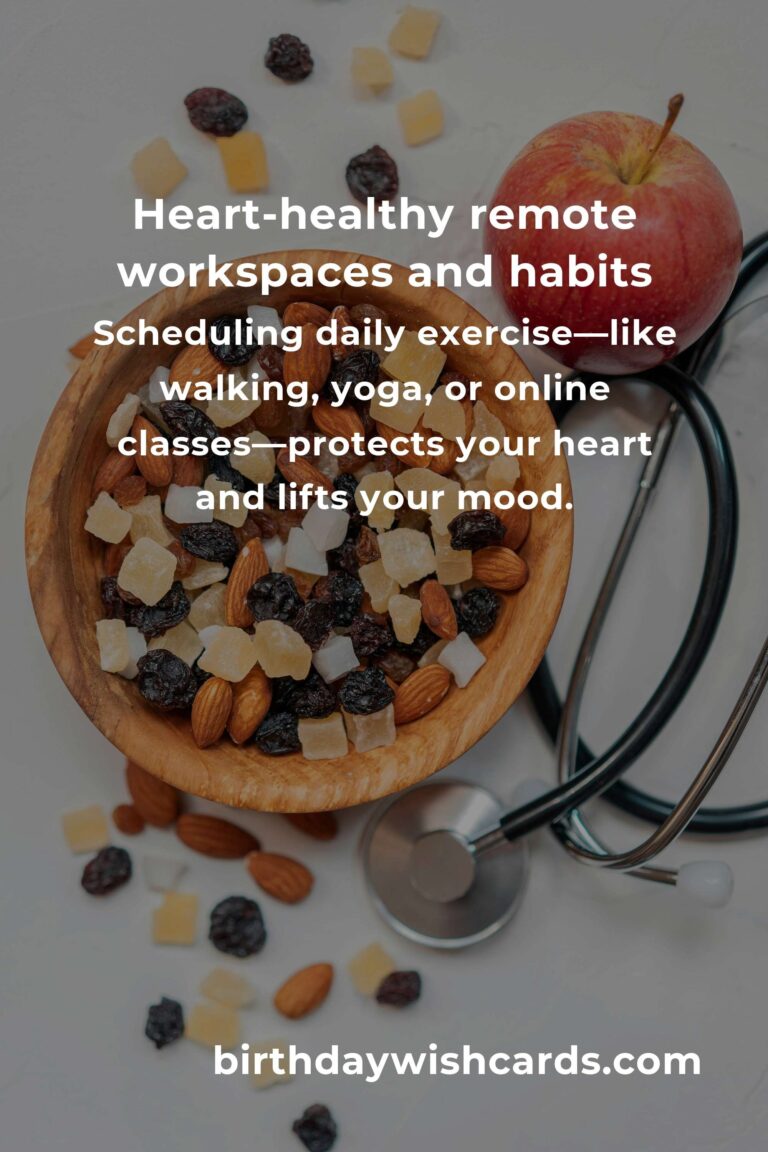
In today’s fast-paced world, maintaining a healthy diet can seem like a daunting task. However, with a few simple strategies, you can make healthy eating a manageable and enjoyable part of your lifestyle. Here are nine tips to help you on your journey to eating well.
1. Plan Your Meals
Meal planning is a crucial step in ensuring that you consistently eat healthy. By planning your meals ahead of time, you can avoid the temptation of unhealthy convenience foods and save time and money. Try setting aside a day each week to plan your meals and create a shopping list.
2. Focus on Whole Foods
Whole foods are foods that are minimally processed and free from artificial ingredients. Prioritize fruits, vegetables, whole grains, lean proteins, and healthy fats in your diet. These foods provide essential nutrients and can help you feel fuller for longer.
3. Control Portion Sizes
Portion control is essential for maintaining a healthy weight and preventing overeating. Use smaller plates and bowls, and pay attention to hunger cues. Eating slowly and savoring each bite can also help you recognize when you’re full.
4. Stay Hydrated
Water is vital for overall health and can aid in digestion and weight management. Aim to drink at least eight glasses of water per day. If you find plain water boring, try infusing it with fruits or herbs for added flavor.
5. Limit Added Sugars
Excessive sugar intake can lead to a host of health issues, including obesity and diabetes. Be mindful of hidden sugars in processed foods and beverages, and try to satisfy your sweet tooth with naturally sweet fruits instead.
6. Read Labels
Understanding nutrition labels can help you make informed choices about the foods you consume. Pay attention to serving sizes, calories, and nutrient content, and avoid foods high in saturated fats, sodium, and added sugars.
7. Cook at Home
Cooking at home gives you control over the ingredients and portion sizes of your meals. Experiment with new recipes and cooking techniques to make mealtime exciting and enjoyable. Try batch cooking and freezing meals for busy days.
8. Practice Mindful Eating
Mindful eating involves paying full attention to the experience of eating and savoring each bite. Avoid distractions such as television or smartphones during meals, and focus on the taste, texture, and aroma of your food.
9. Be Flexible and Enjoy Occasional Treats
Healthy eating doesn’t mean you have to be perfect all the time. Allow yourself occasional treats and avoid feeling guilty about indulging. Balance is key, and enjoying your food is an important part of a sustainable diet.
Incorporating these tips into your daily routine can help you achieve a healthier lifestyle. Remember, small changes can lead to significant improvements in your health and well-being. Happy eating!
Meal planning is a crucial step in ensuring that you consistently eat healthy. Whole foods are foods that are minimally processed and free from artificial ingredients. Portion control is essential for maintaining a healthy weight and preventing overeating. Water is vital for overall health and can aid in digestion and weight management. Excessive sugar intake can lead to a host of health issues, including obesity and diabetes. Understanding nutrition labels can help you make informed choices about the foods you consume. Cooking at home gives you control over the ingredients and portion sizes of your meals. Mindful eating involves paying full attention to the experience of eating and savoring each bite. Healthy eating doesn’t mean you have to be perfect all the time.
#HealthyEating #NutritionTips #WholeFoods #MindfulEating #HealthyLifestyle













